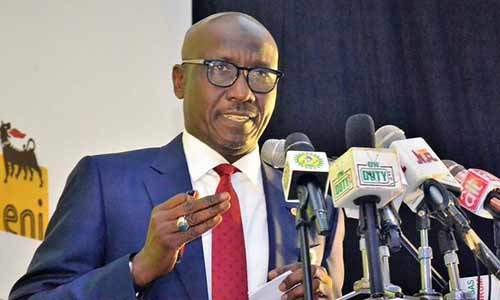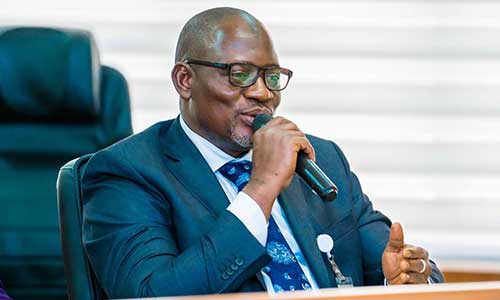SECTOR INSIGHT 22/12/2021
Tax Credit: NNPC Hands Over N621bn Cheque For 21 Roads

The federal government has expressed optimism that the tax credit scheme given to taxable companies to build road infrastructures would help to salvage the deteriorating state of the road network in the country as the government faces a paucity of funds.
Recall that President Muhammadu Buhari had given assent to Presidential Executive Order No. 007 that gave the private sector a tax relief by refurbishing or constructing road infrastructures in lieu of tax payment due to the federal government.
It was on this premise that the Nigerian National Petroleum Corporation (NNPC) sought the approval of the Federal Executive Council to construct 21 roads sprawling 1,800 kilometers across the federation to the tune of N621bn.
Speaking yesterday at the presentation of the cheque and a Memorandum of Understanding (MoU) between the Federal Ministry of Works and Housing and contractors that would build the roads, the Minister of Works and Housing, Babatunde Raji Fashola, stated that the scheme was opted for to assist in rescuing the over 35,000-kilometer roads under the federal government as it struggles to source for funds to maintain them.
Fashola, who stated that the order, which was inherited from the previous administration but was first used with the granting of a waiver for the construction of Obajana-Kabba road by the Dangote group, is attracting interest from taxable firms. He said that it shows the order was not meant for one company as it was previously suggested.
“The order we inherited had an expiration date so we looked at the limitation. The recommendation we made was to make the impact of roads more diverse and accessible to Nigerians. Also, smaller companies without big turnover can come together as a group to construct smaller roads. All of this was put together by President Buhari and it was not made for one person.”
He noted that the expression of participation by a number of companies including those in the telecommunication sector indicated a show of massive confidence that would contribute to the government having a limited presence in the construction of roads.
The minister added that some of the roads given out were contracted for over ten years but work could not commence as there were no funds to give out to the contractors.
With the private sector handling the roads, he said there has been an assurance that there won’t be any change of price by the contractors as money would be doled out after all necessary documents have been put in place.
‘We will ensure that a prompt issuance of the certificate is given out to the company who expressed interest in the scheme. the Federal Inland Revenue Service (FIRS) has about five days to prepare the certificate and our staff also have a number of days after which 30 days will be given for payment to the contractors.”
He said the money will not go directly to the contractors, but to suppliers of materials to be used for the roads, thus improving the performance of the economy.
Why we are funding road construction – NNPC
The managing director of NNPC said it decided to key into the scheme for seamless transportation of petroleum products across the county.
He stated that since its pipelines have been the target of vandals, transportation of petroleum products through roads was the only option but since the roads are in bad shape, the company had to intervene as its drivers face difficulties in delivering the products on time.
“This is a way to support the ministry by working on the 1,800 kilometers of road and we are thankful to the FIRS for the opportunity to participate in the scheme.”
Order will give value to taxpayers’ money – FIRS
On his part, the Executive Chairman of FIRS, Muhammad Nami, said the order would give value to taxpayers’ money and encourage taxpayers to use company income tax payable by them in fixing critical road infrastructures.
“This is to show support that there is a social contract between the taxpayers and the government. The order will give value to taxpayers’ money. This is unprecedented and necessary for us to fix roads in Nigeria because the annual budgetary allocation for the roads is not only minimal but also insufficient. So, the government came up with this strategy to ensure that the roads, some of which were constructed in the 1970s, that are currently bad can be rebuilt. Also, the scheme will bridge the critical infrastructure gap we face in the country.”



